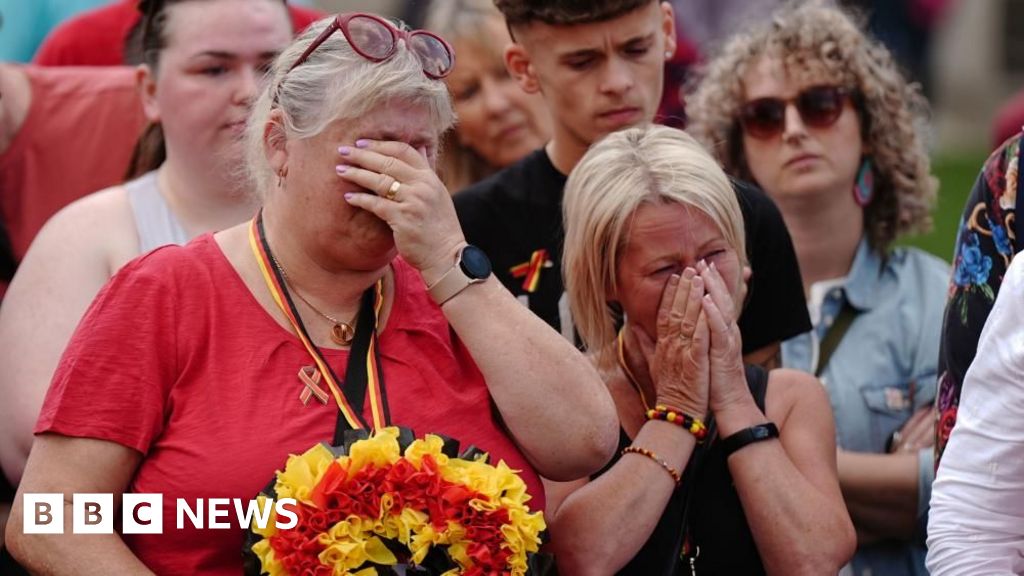Infected Blood Scandal
Thousands of victims of the infected blood scandal are "further damaged" by waiting for compensation. In a hard-hitting report, the chairman of the public investigation of the disaster stated that there were "obvious injustices" in the way the system had been developed.
Background of the Scandal
It is believed that 30,000 people were infected with HIV and hepatitis B or C in the 1970s and 80s after they were given contaminated blood products at the NHS. The government has set aside £11.8 billion to pay compensation and claims that it is cutting bureaucracy to accelerate payments to the victims.
Investigation Findings
The main report of the investigation, published last year, showed that the catastrophe could largely be avoided if health authorities had made different decisions at that time. It said that too little was done to stop the import of contaminated blood products from abroad in the 1970s and 80s, and there were indications that elements of the scandal had been covered up.
Recent Developments
In May, the chairman undertook the unusual step of ordering two days of additional hearings after he had applied for "letter by letter, email by email" to express concerns about the way the government’s compensation system was managed for victims. His additional 200-page report, published recently, was based on this evidence and found that the victims had been "further injured" by the way they had been treated in the past 12 months.
Compensation Payments
The latest figures from the infected Blood damage authority show that 2,043 people were asked to start their previous claims, and 460 have received full compensation. The program is open to those who were infected and also their family members, including parents, children, and siblings, who themselves can claim compensation as a result of the scandal.
Call for Action
The chairman said: "The British government has known for years that compensation for thousands of people was inevitable and that many of those should have received it by now. But so far, only 460 have received compensation, and many, many more were not even allowed to start the process." He emphasized that "it’s not too late to do it right."
Recommendations
The new report contains a number of recommendations, including:
- Victims should be allowed to apply for compensation instead of waiting to be invited
- Victims and family members who are seriously ill should receive older or never compensation
- A number of "injustices" should be addressed, for example, some victims who were infected with HIV before 1982
- NHS patients who were victims of medical experiments should receive additional payments
- The system as a whole must be more transparent and involve those infected and their families more
Response from Authorities
The Minister of Cabinet Office denied that the government "dragged its heels about the compensation." He informed that after "decades of injustice" he did not want to impose any further delays. He added that the government would quickly work through the recommendations to understand the effects of changes in the system and intended to update the house further before the summer break.

